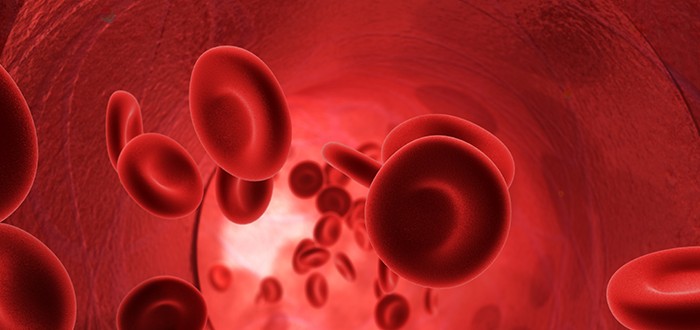There’s good cholesterol and there’s bad cholesterol. But when it comes to malignant pleural mesothelioma, cholesterol is good only when it’s bad.
Bad for the mesothelioma, that is. And the way it becomes bad for mesothelioma is by not being there at all.
That’s what a team of scientists have determined in their experiments with cholesterol as a way to boost the effectiveness of mesothelioma chemotherapy.
The researchers published their findings about cholesterol and mesothelioma chemotherapy in the December 2015 issue of Journal of Controlled Release.
However, don’t think about changing your diet to include lots of food that can reduce or eliminate your intake of cholesterol. That won’t help you as far as the effectiveness of chemotherapy is concerned.
No, what these researchers have discovered that loading a mesothelioma chemotherapy drug inside a cholesterol-free capsule made of a liposome can make the treatment work better than it otherwise would.
Mesothelioma Chemo Is Not Always Successful
Here’s the issue they set out to address with their research. Malignant pleural mesothelioma is such an aggressive cancer that there are only a few ways right now that it can be treated.
One of those is chemotherapy consisting of pemetrexed plus cisplatin. These two chemotherapy agents mixed together in one cocktail form the current gold standard for treating malignant mesothelioma.
Unfortunately, many mesothelioma patients get only so-so results from taking pemetrexed and cisplatin. And, for too many others, the results can be flatly disappointing to say the least.
The researchers said they were hopeful that the therapeutic strategy of intrapleural administration of liposomal pemetrexed might be a way to overcome the limitations of mesothelioma chemotherapy.
Liposomal pemetrexed is scientific lingo for pemetrexed wrapped inside some lipids. For this study, the researchers prepared a number of different formulations of this combination.
They tested the various formulations in the lab only, not in humans. Although in one part of the study their lab work required use of mesothelioma cells previously taken from humans.
In the other part of the study they used mesothelioma-bearing lab mice. Some of these mice were injected with pemetrexed enveloped by a liposome rich in cholesterol.
The rest were injected with pemetrexed wrapped within a liposome free of cholesterol. This was done so that the scientists could compare the two groups of mice and note the differences in response.
Cholesterol-Guided Therapeutics Show Promise
The scientists reported that the cholesterol-rich liposomal capsules did very little to improve the ability of pemetrexed to put the brakes on mesothelioma growth.
On the other hand, they were very excited to see how well the liposomal capsules helped the pemetrexed when there was no cholesterol present.
The scientists theorize that the non-cholesterol liposomal pemetrexed had greater antitumor efficacy because of electrostatic interaction with the negatively charged membranes of the tumor cells.
Owing to this interaction, the lipids were held in place right up against the tumor cells. This enabled the pemetrexed to remain in contact with the tumor cells far longer than would normally be the case. The longer contact translated into greater efficacy.
The researchers contended that their work with liposomal pemetrexed represents a potentially important step forward in the emerging field of cholesterol-guided therapeutics.
The title of the article is “Advanced Therapeutic Approach for the Treatment of Malignant Pleural Mesothelioma Via the Intrapleural Administration of Liposomal Pemetrexed.”
The scientists were from research facilities practically on opposite sides of the world. The first group was from Tokushima University in Japan. The second group was from Zagazig University in Egypt.


